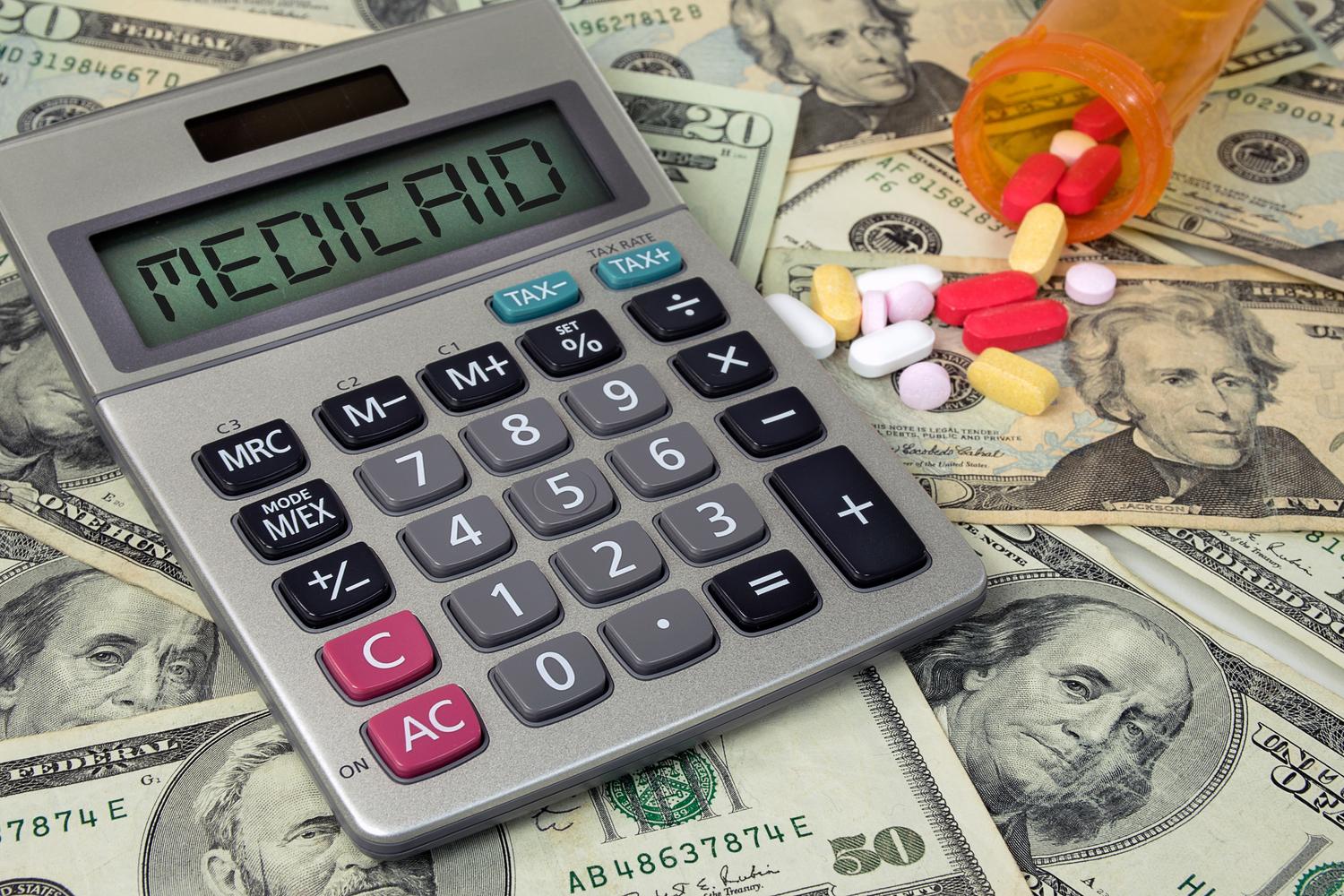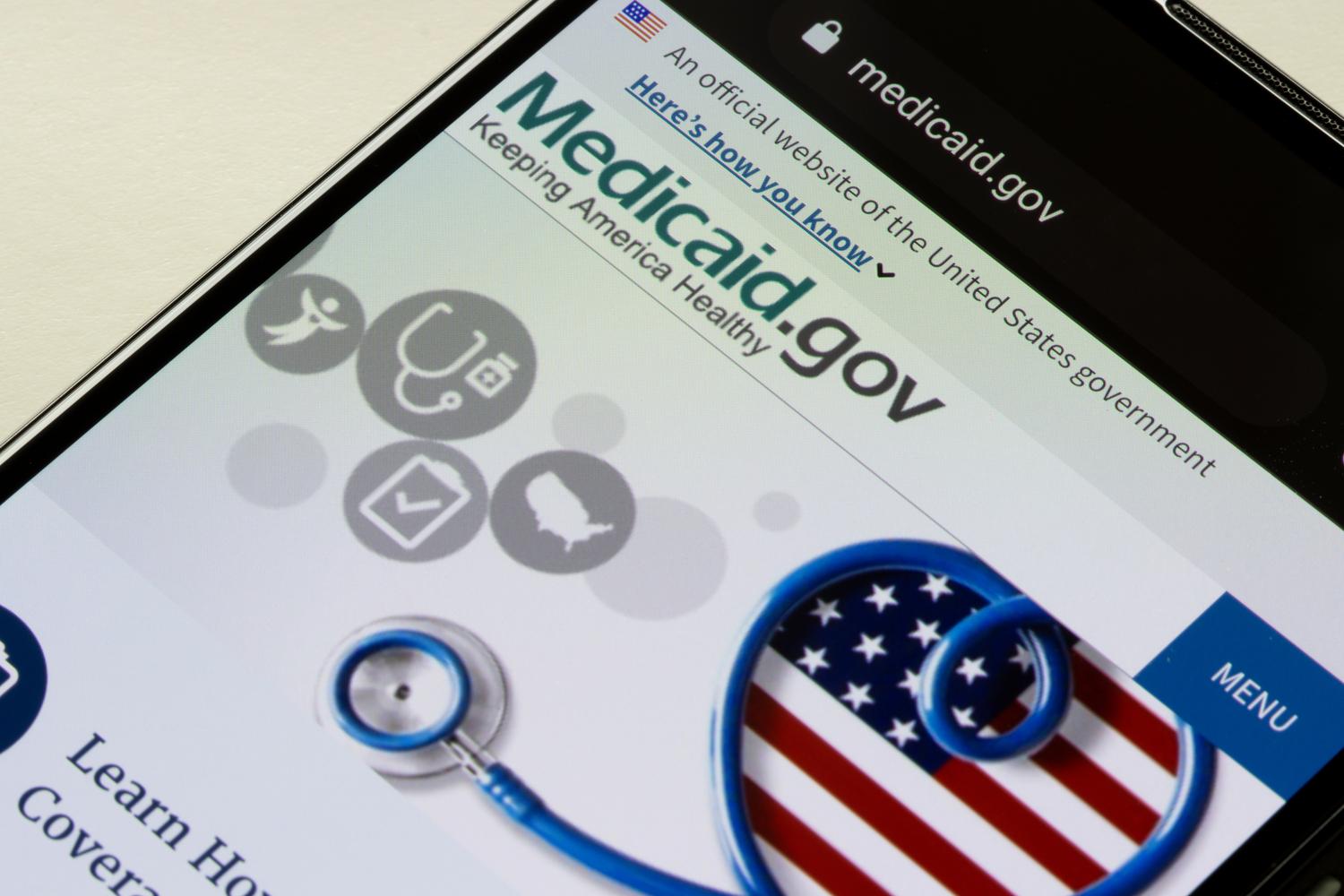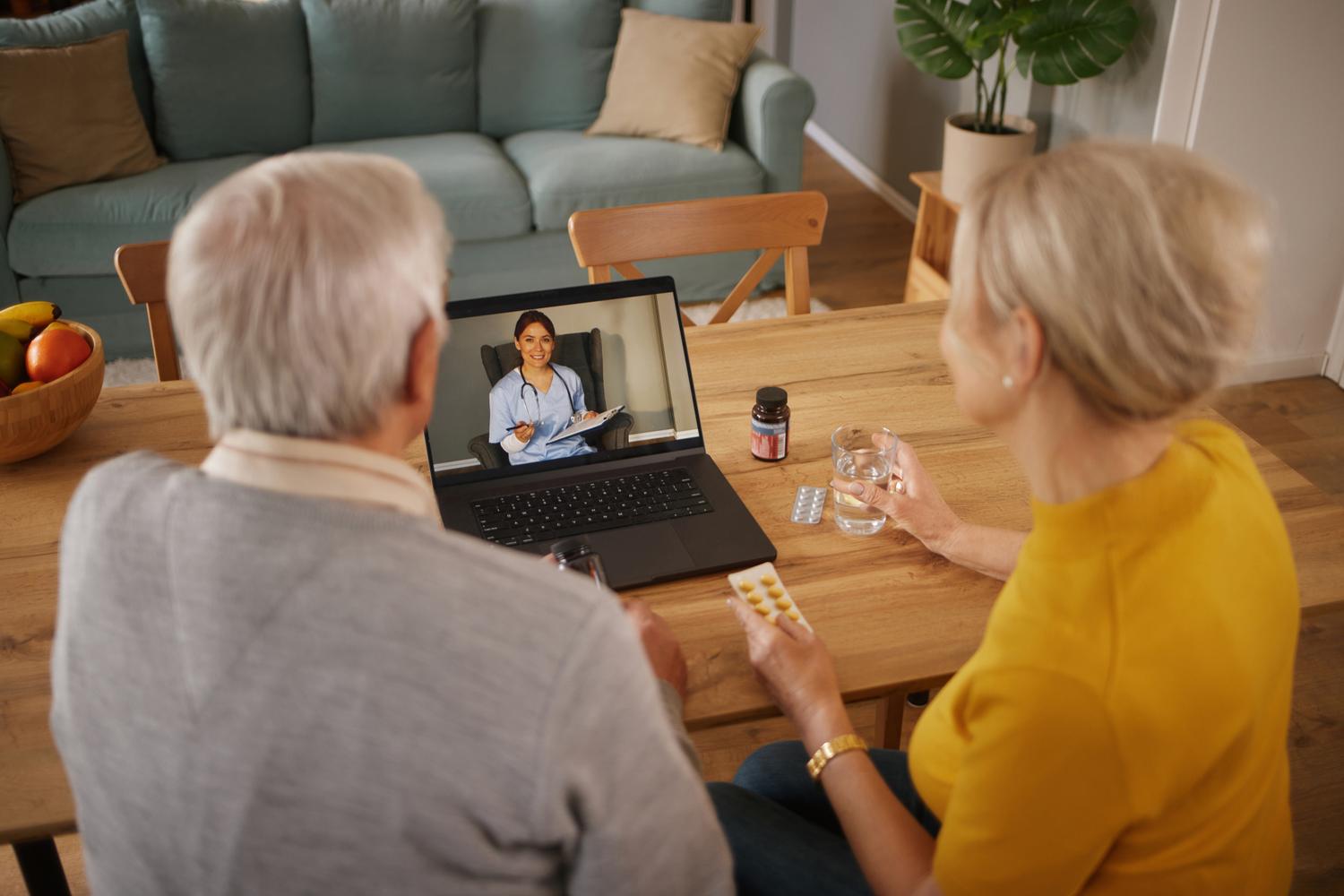Controlled Substances, Telehealth and the End of the PHE
Everything you need to know about the upcoming proposed changes to online prescriptions for controlled medications
When the COVID-19 pandemic first began in 2020, telehealth emerged as a major force in remote patient care - not just for urgent care, but for a variety of chronic conditions and specialties. By allowing patients to virtually receive medical attention and prescriptions, telemedicine expanded healthcare access to millions of people who were previously unable to get timely care due to location, transportation, over-crowded healthcare facilities and more.
To facilitate better healthcare delivery, the federal government temporarily waived certain restrictions around the prescription of controlled substances via telehealth under a public health measure known as the Public Health Emergency (PHE). As a result, medical professionals were authorized to prescribe controlled substances without first conducting an in-person evaluation, providing patients with easier access to medications. This brought with it both risks and benefits for a variety of patients.
As the PHE comes to an end on May 11, the Drug Enforcement Administration (DEA) is proposing new restrictions (or restoring previous restrictions) on the prescription of certain controlled substances - including some anxiety medications, painkillers, ADHD medications and more. Here’s what you need to know about the upcoming proposed changes to the prescription of controlled substances.
What are controlled substances, and why are they regulated by the government?
Controlled substances are medications that are under specific prescribing restrictions because of concerns they can cause physical and mental dependence, and include many stimulants, depressants, hallucinogens, opioids and anabolic steroids. Because experts believe these medications carry a higher risk of addiction and misuse, the DEA’s aim is to strike a balance between providing patients with access to necessary medications while mitigating the risk of prescription drug abuse.
Prior to the pandemic, the government mandated that healthcare providers adhere to the Ryan Haight Online Pharmacy Consumer Protection Act (RHA) of 2008, a law that makes it illegal to deliver, distribute or dispense controlled substances via the internet (which includes telemedicine technologies) without a “valid prescription”. A valid prescription is defined as one issued after an in-person medical evaluation. However, during the PHE, the DEA allowed healthcare providers to prescribe controlled substances without an in-person evaluation (provided, of course, that the prescription is issued for a legitimate medical purpose and complies with applicable state laws).
What are the DEA's proposed restrictions on prescribing controlled substances via telehealth?
The DEA’s new proposed restrictions would essentially reinstate the RHA, primarily targeting medications that carry a higher risk of addiction and abuse, such as anxiety medications, painkillers and ADHD medications. If the DEA’s proposal is approved without amendments, it means that any patient who has obtained a controlled prescription medication online without meeting their prescribing provider in person will now need to have at least one in-person evaluation after the PHE ends in order to continue receiving their prescriptions.
How do the proposed telehealth changes impact patients and healthcare providers?
The end of the public health emergency and the new restrictions proposed by the DEA will undoubtedly have significant implications for patients and healthcare providers. Some healthcare providers have expressed concern that prescribing controlled substances via telemedicine may lead to overprescription or misuse, while proponents argue that telemedicine can improve access to care for patients who may otherwise struggle to receive in-person evaluations, particularly those in rural or underserved areas.
Healthcare providers will need to adapt to these changes as well, since the proposed restrictions may necessitate changes to their telemedicine practices (including integrating in-person evaluations to comply with the new regulations). This could lead to increased administrative burdens and costs for providers as they transition back to traditional prescribing practices.
What to do if your prescription is affected by the end of the PHE
As the public health emergency comes to an end, it's essential for patients and healthcare providers to be aware of these changes. While the aim is to reduce prescription drug abuse, these restrictions could present challenges for both patients and healthcare providers. It will be crucial to strike the right balance between accessibility to medications and ensuring the safety and well-being of patients in this new era of telemedicine.
If you find yourself impacted by coverage changes for controlled medications, the best solution is to contact your healthcare provider as soon as possible to work out a plan and ensure that there isn’t a disruption to your treatment plan. Sesame offers affordable medical care and prescriptions at half the cost of traditional care and may be able to assist with finding healthcare solutions. While Sesame does not prescribe controlled substances via telemedicine, it does have in-person providers who are available for prescription evaluations to determine whether or not a specific medication is clinically appropriate. Whether you’re fully insured, uninsured, or underinsured, you will be able to access exceptional primary care physicians, specialists and other practitioners - easily bookable for telemedicine or in-person care at the touch of a button.








